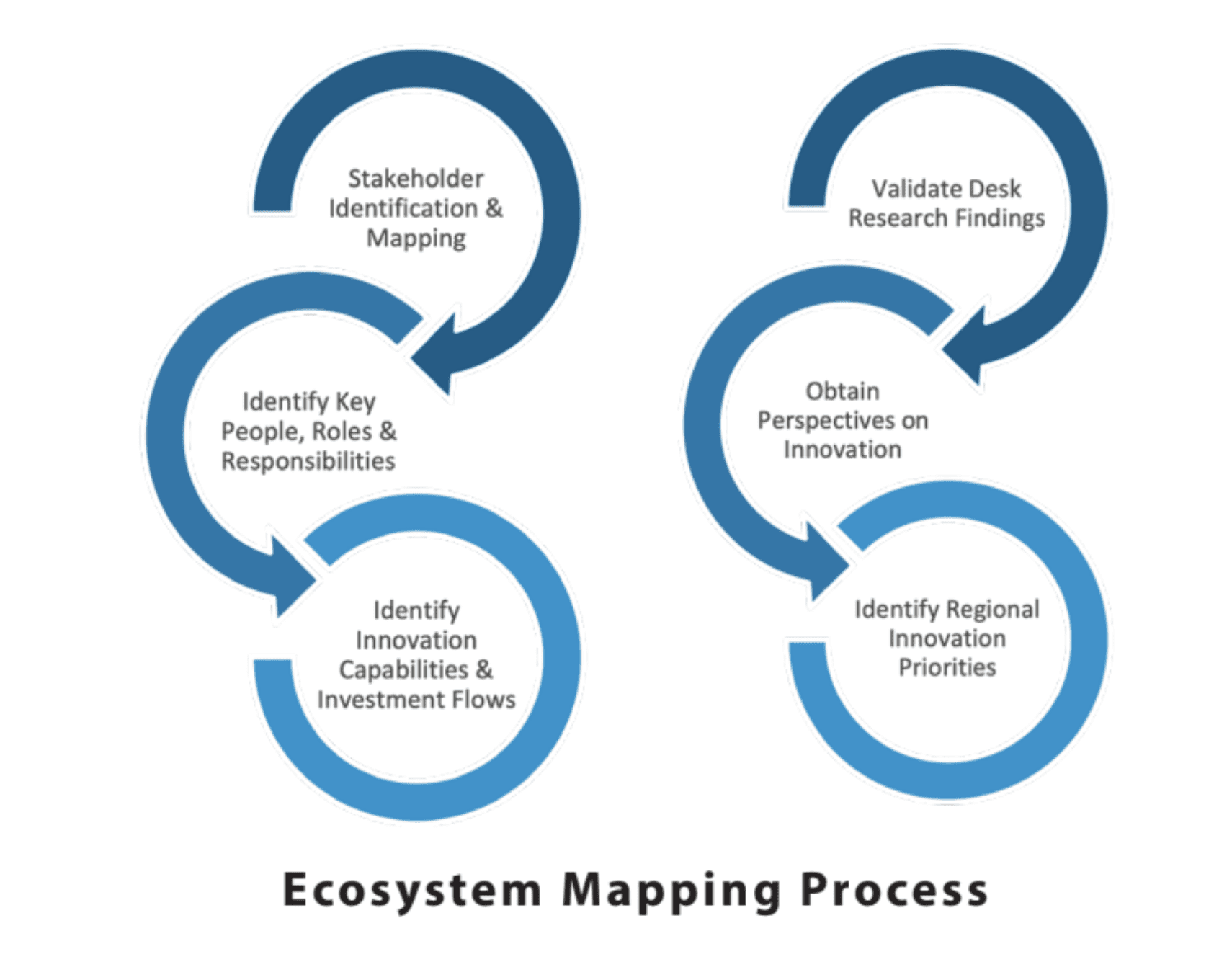The successful Innovate or Die! webinar held in June, hosted by Whitecap Consulting and the University of Northampton, has led to a project for an ecosystem analysis of the innovation capabilities and resources required to support the development and growth of business in Northamptonshire.
As firms in the county focus on their survival and recovery plans, developing the right skills and capabilities needed to take advantage of the future opportunities presented by the fast-changing technological landscape is crucial. Whitecap and the University are working on an ecosystem analysis that would be a freely available report.
Whitecap has conducted similar regional ecosystem analyses in Leeds, Bristol & Bath, Greater Manchester, the West Midlands and Northern Ireland. The report would include a comprehensive exploration of the county’s innovation capabilities and resources and a set of clear, evidenced and actionable recommendations.
Cold-spot for scale-ups
Northamptonshire is home to many successful businesses operating across multiple sectors including innovation and high-performance technology, manufacturing and advanced technology, logistics and supply chain, food and drink, and creative and cultural. The county has one of the strongest rates of business start-ups in the UK, but it has been identified as one of nine scale-up ‘cold spots’ in England requiring specific attention.
The local business economy has been severely affected by the crisis. With the support of SEMLEP and the local authorities, businesses are charting their recovery in three key phases – Survive, Stabilise and Grow. Collaboration between businesses and supporting institutions is essential for developing the right skills and capabilities needed to cope with the fast changing digital and technological landscape.
Collaborate to innovate
In a recent survey about innovation in the county, the word ‘collaboration’ was mentioned most frequently. This refers to collaboration internally within firms, and externally with suppliers, partners and other stakeholders (such as LEPs, academic institutions and local government entities).
Priorities include innovation and commercialisation excellence; employer-led skills; energy, digital and transport infrastructure; provision of commercial premises consistent with business needs; wider business support; and high-quality place-making.
Future trends studies indicate that digital-native companies and key technologies (such as sustainable/green tech, biotech, and advanced and functional materials) will transform the industrial landscape. This should have a positive economic impact in the county but will lead to significant changes in workforce skills.

Questions for CEOs
A recent BCG study highlighted some key ‘how’ questions that CEOs will have to address, such as how to:
- Build capabilities to harness digital innovation?
- Adopt new ways of working that enable us to move at digital speed?
- Attract and retain the next generation of digital-native talent?
- Drive and sustain innovation velocity across our entire organisation?
These are critical questions for all stakeholders interested in the economic development of Northamptonshire. The proposed innovation ecosystem exercise will:
- Map the innovation capabilities/activity by sector
- Identify examples of best practice
- Engage with key stakeholders to obtain input and insights
- Analyse the capabilities, strengths, weaknesses
- Recommend areas of competitive advantage and growth
- Suggest investment opportunities for innovation
Crowdfunded approach
It is proposed to ‘crowdfund’ this project via contributions, donations and sponsorships from key stakeholders in Northamptonshire, including local businesses, business support institutions, local government authorities and and professional services firms. Sponsorship packages are available. The benefits are countywide, however, the return on investment for sponsors will be around brand profile and association with the project as an organisation that demonstrably cares about the county’s future economic success.
If you would like to know more about this timely and valuable initiative and get involved in some way, either for research inputs and/or sponsorship, please get in touch.
Your future may depend on it!
Contact Adrian Pryce at adrian.pryce@northampton.ac.uk or call 07720 297402

Associate Professor, Strategy & Society
CSBP, University of Northampton













